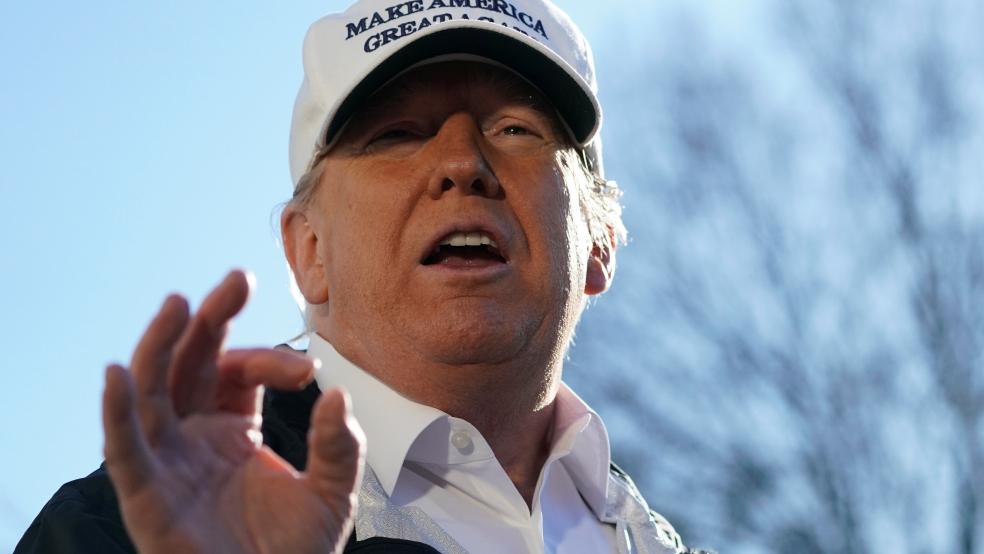In addition to the constitutional and political problems that would arise from President Trump declaring a national emergency at the southern border, lawmakers have other reasons to worry about such a move: it could divert money for military construction projects in their home states.
The Washington Post’s Erica Werner and Karoun Demirjian report that an emergency declaration would give Trump the authority to divert billions of dollars from various military construction projects that have been approved by Congress but yet started:
“Hundreds of projects could be at risk of losing their funding to Trump’s wall — including a $60 million aircraft maintenance hangar at Marine Corps Air Station Cherry Point in North Carolina, a $105 million command and control facility at Fort Shafter in Hawaii, and a $32 million vehicle maintenance shop at Fort Campbell in Kentucky.”
The prospect of those projects being targeted has some lawmakers already “raising alarms,” Werner and Demirjian write: “Republican and Democratic lawmakers stressed that there is no gratuitous spending in the military construction budget — instead, there is a vast backlog of projects that do not make the list, meaning those that do are of the utmost, and most urgent, priority.”
Those lawmakers’ concerns, in turn, have “led to expectations among congressional aides in both parties that Trump could go after overseas construction projects first” — including some $800 million budgeted this year for projects that are “part of the European Deterrence Initiative, an effort to help U.S. allies in Europe shore up their defenses against Russia.”
Meanwhile, Senate Democrats led by Sens. Tom Udall and Martin Heinrich of New Mexico on Monday introduced legislation that would prevent Trump from using military construction and disaster relief funds to build his wall. The legislation isn’t likely to advance in the Republican-controlled Senate.





